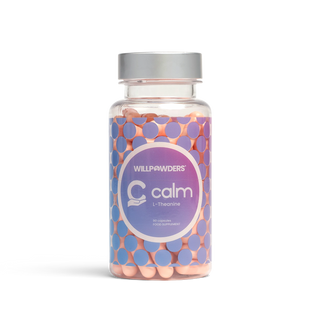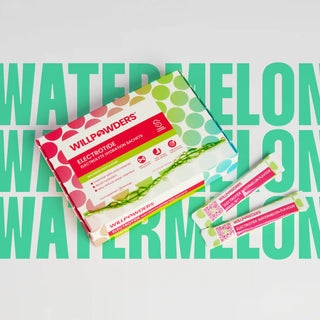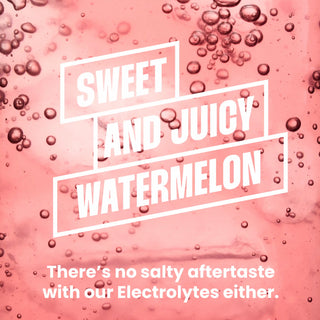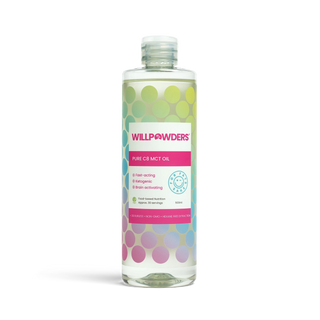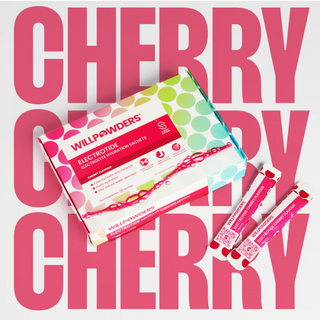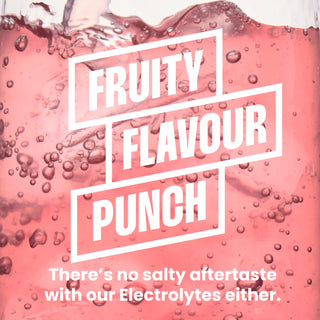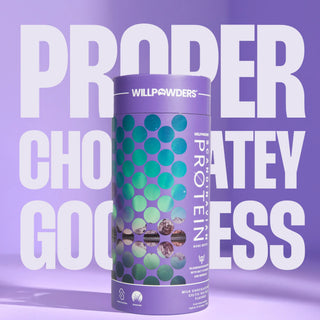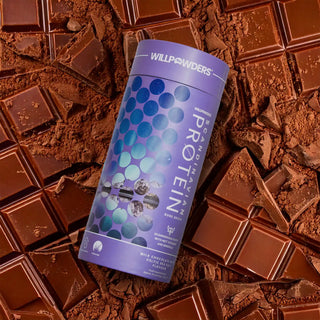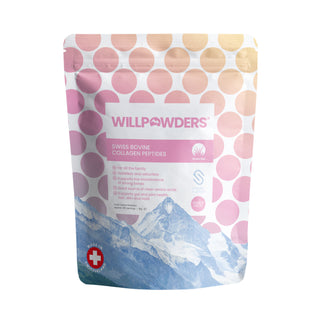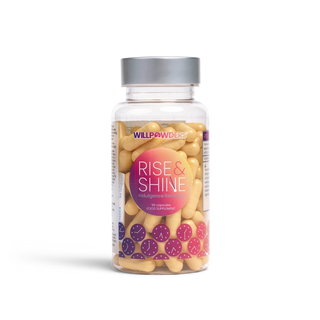
Hacking your Hormone Health
Hormones are special chemical messengers in the body that control most bodily functions. The hormones that have the biggest impact are our steroid hormones. These include: oestrogen, progesterone, testosterone, DHEA and cortisol. Understanding these major hormones and what they do, can help us take better control of our health.
To begin, it is important to note that cholesterol (which is often made out to be the enemy) is the precursor to the production of our sex hormones. When cholesterol levels are depleted, due to poor liver function, or because of the use of Statin drugs, hormone production is disrupted. This puts individuals at a greater risk for, not only hormone dysfunction, but also for cognitive impairments, depression and certain types of cancers. In other words, we need to keep our hormones healthy if we want to function optimally. Now that we know some of the basics, let’s delve a little deeper and introduce you to your key sex hormones.
Oestrogen
Oestrogen is not a single hormone; it is a group of hormones that play an important role in the development of men and women’s sexual and reproductive health.
Which Hormones make up Oestrogens?
- Oestrone (E1): is an oestrogenic hormone secreted by the ovaries as well as adipose tissue. It is the main form of oestrogen in postmenopausal women.
- Oestradiol (E2): is produced by the ovaries using cholesterol and is the main oestrogen secreted before periods cease (menopause). It is also produced by the adrenal glands. It is responsible for building up the lining of the uterus. It is known as a strong oestrogen with a powerful effect on oestrogen receptors.
- Oestriol (E3): is a relatively weak natural oestrogenic hormone and is one of the metabolic products of oestradiol. It is the main oestrogen produced during pregnancy.
In women, oestrogen is produced in the ovaries, adrenal glands and fat cells. In men, it is produced mainly in the adrenal glands. Oestrogen can affect both men and women; however, it is largely responsible for female physical features and reproduction. Ladies, you may remember going through puberty and seeing your breasts develop, pubic and armpit hair grow and starting your menstruation cycle. This is a result of rising oestrogen levels. Whilst oestrogen is mainly involved in puberty and reproduction, it also affects the urinary tract, cardiovascular health, bones, breasts, skin, hair and even the brain. And that’s not all! Oestrogen also plays a role in:
- Formation of female secondary sex characteristics
- Acceleration of metabolism
- Reduction of muscle mass
- Increase of fat stores
- Stimulation of endometrial growth
- Increase of uterine growth
- Increase of vaginal lubrication
- Thickening of the vaginal wall
- Maintenance of vessels and skin
- Increase of bone formation
- Promotion of heart health
For many reasons, your body can make too much or too little oestrogen. One may even take in too much oestrogen via certain foods and medication. When this happens, hormones can become imbalanced and symptoms can persist.
Excess oestrogen, also called oestrogen dominance, can cause:
- Acne
- Depression
- Fatigue
- Fluid retention
- Loss of libido
- Low thyroid function
- Low progesterone
- Memory loss
- Migraine headaches
- Heavy and painful menstruations
- PMS
- Hot flushes
- Weight gain
- Insomnia
- Oestrogen dominant conditions such as: uterine fibroids, fibrocystic breasts, ovarian cysts, endometriosis and cancer
- Erectile dysfunction in men
- Breast growth in men
Do some of these symptoms sound familiar? What is most surprising is we put up with many of these symptoms, simply putting them down to our impending menstruation. However, in reality, they are just signs that our hormones are imbalanced.
Not only can you be oestrogen dominant, you can also suffer because of low levels of oestrogen. Symptoms include:
- Brain fog
- Painful intercourse
- Recurring urinary tract infections
- Vaginal dryness
- Thinning of vaginal wall
- Hot flashes and night sweats
- Infertility
- Low libido in men
- Excess belly fat in men
Brain fog, vaginal dryness and loss of libido are commonly associated with ageing. If that’s the case, please take me to the fountain of youth! Luckily, many of these signs are subtle or not-so-subtle indications that our hormones may not be functioning up to par, and there are tweaks we can make to overcome them. Grab yourself a copy of Hack your Hormones and head to the ‘WTF is up with my Cycle? Chapter. Here you will learn all about how to detox your oestrogen and how you can support healthy levels.
Oestrogen Dominance: Xenoestrogens and how they affect us
The issue today is that we are bombarded by environmental oestrogens, also called xenoestrogens or oestrogen mimickers. These man-made chemicals act exactly like oestrogen in the body. When you have too much oestrogen, you are what is called oestrogen dominant.
Some of the most common female oestrogen dominant conditions are: premenstrual syndrome (PMS); endometriosis; abnormal Smear tests; ovarian cysts; cystic breasts; uterine fibroids; heavy periods; low thyroid; cellulite; hormonal acne; difficulty losing weight and severe menopausal symptoms. Ouf! In addition, women who take hormones in the form of the birth control pill or hormone replacement therapy can also become hormone overloaded if they are not being monitored properly, increasing their risks for serious health issues.
Xenoestrogen can be either synthetic or natural chemical compounds that are found in our food and environment including:
- Pesticides, herbicides and fungicides
- Parabens and phthalates (mostly found in cosmetics)
- Farmed fish, commercially raised meat and diary
- Birth control pills and hormone replacement therapy
- Coffee and alcohol
- Usage of microwaves
- Soy products
Essentially, every organ and tissue in the body has oestrogen receptors. When oestrogen circulates in the body it binds to oestrogen receptors and triggers certain effects in that organ or tissue. Xenoestrogen will mimic our natural oestrogen and attach to our oestrogen receptors, potentially taking the place of a real oestrogen molecule, or giving the cell the wrong signals. This disturbs our hormonal system and affects the entire body. Limiting exposure to these chemical oestrogen mimickers is key for optimal hormone function and optimal health.
Progesterone
Known as the “feel good hormone,” progesterone is produced in the ovaries and used in the production of our other sex hormones. Progesterone receptors can be found all over the body, including the brain, skin, thyroid, blood vessels, breasts and bones. An optimal level of progesterone is needed to ensure that these areas function properly. Progesterone is especially high during pregnancy, keeping the uterus from contracting until labour begins. It naturally decreases around menopause when the ovaries stop the production of eggs. However, small amounts are still produced in the adrenal glands. In men, progesterone is converted into testosterone and DHEA.
How will you know if you have too much or too little Progesterone?
Symptoms of excess progesterone include:
- Breast swelling and pain
- Depression or low mood
- Growing facial hair
- Fatigue, drowsiness
- Overproduction of insulin
- Low libido
- Oily skin
- Developing brown spots on skin
Symptoms of low progesterone include:
- Anxiety or difficulty handling stress
- Craving carbs
- Elevated cortisol
- Oestrogen dominant conditions
- Headaches
- Headaches
- Heavy periods
- Infertility
- Osteopenia and Osteoporosis
- Recurrent miscarriages
- Water retention
- Weight gain around abdomen
- Insomnia
Testosterone
Testosterone, although known to influence male sex drive and aggression, also plays an important role in female hormone health. It is crucial for women’s sex drive, muscle tone, bone health, skin and cardiovascular system. In women, testosterone is produced in the ovaries but most is converted into oestradiol.
Symptoms of low testosterone are:
- Tiredness
- Weakness
- Mood swings and depression
- Change in sleep habits
- Increase body fat and decrease muscle mass
- Low sex drive
- Erectile dysfunction for men
- Weight gain
- Anxiety
- Hair loss
Symptoms of high testosterone are:
- Well-being (reduction in depression and mild euphoria)
- Confidence (reduced social anxiety and greater assertiveness)
- Better energy
- Greater sex drive and libido
- Greater concentration and focus
- Body fat reduction and increase muscle mass
- Polycystic ovarian syndrome (PCOS) in women
Women on high doses of oestrogen supplementation (HRT) may also have an increase in sex-hormone-binding, globulin (SHBG), which is a blood protein that reduces the amounts of free testosterone as SHBG. This has a higher affinity to bind to testosterone than oestrogen; therefore, reducing the amount of testosterone available.
Testosterone and Aromatase
Aromatase is a naturally occurring enzyme located in multiple tissues in the body. In men, it is located in the brain, muscles, and testicles. In women, it is located in the ovaries, placenta, and lining of the uterus. It is the enzyme responsible for converting testosterone into oestrogen and it has been found to increase the amount of fat an individual has. Poor nutrition and weight gain are a common cause of increased aromatase activity. In addition to this, high stress levels, lack of exercise, chronic inflammation and insulin dysregulation can also contribute to aromatase activity. Certain foods are known as aromatase inhibitors. These foods include: flax seeds, resveratrol, green tea extracts, quercetin, iodine, mangosteen extracts and isoflavones to name a few.
DHEA
DHEA is mainly produced in the adrenal glands (just like cortisol) and is used in the production of oestrogen (in women) and testosterone. It reaches its peak in your twenties and steadily declines after that. DHEA is a very powerful precursor to all of your major sex hormones: oestrogen, progesterone and testosterone. When DHEA levels are low, the body does not have enough working material for proper endocrine function, which throws off overall hormone production.
Low oestradiol levels, post-menopause, may be a consequence of adrenal dysfunction since postmenopausal production of oestradiol comes via conversion from the adrenal hormone, DHEA.
Cortisol - The Impact of Stress on Sex Hormone Production
We have already discussed in great length the role of cortisol and adrenal function; however, it is also very important to take note of cortisol’s impact on sex hormone production.
What happens when we are stressed?
Firstly, the sympathetic nervous system kicks in by increasing heart and breathing rates, initiating sweating, jacking up blood sugar and inhibiting digestion, or as you may recall, the “fight or flight” response. Secondly, the hypothalamus, which is our hormone command centre, gives marching orders to our adrenals to pump adrenaline (a short term response) and cortisol (a longer term response). Cortisol has many similar physiological effects as it activates the sympathetic nervous system, resulting in a spike in blood sugar, inhibiting digestion and even halting immune activities.
So how is the body able to “fabricate” cortisol?
It has to literally steal pregnenolone, which is a precursor hormone made from cholesterol, for not only cortisol, but for all four sex hormones (progesterone, testosterone, DHEA and oestrogen). In times of stress, the body diverts a lot of the pregnenolone towards stress hormone production and away from sex hormone production.This is what is known as “pregnenolone-steal”. The adrenals are forced to steal key hormonal building blocks from the sex hormones, contributing to hormonal imbalances and the slew of side effects that come with them.
High cortisol levels can also result in high oestrogen levels. How? Well, when there is an over abundance of stored fat, fat cells produce excess oestrogen, which signals to your body to store more fat. One of the main roles of cortisol is to break down fat cells and move triglycerides (fat molecules) into the bloodstream for more energy. This energy is used in “fight or flight” responses to stress. However, since many of us are in a constant state of “fight or flight” due to high stress levels, the body often produces an overabundance of triglycerides that go unused. Cortisol causes these unused fats to be redeposited in the adipose tissues surrounding the belly. Talk about a double whammy! Keeping the adrenal glands in check and keeping our body fat low are the best ways for women to avoid hormonal imbalance and to maintain happy hormones.
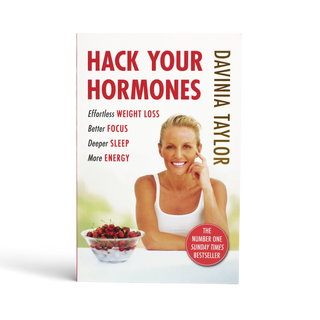

How to Hack your Hormones
Oh, menopause! We could write an entire book on menopause and all things hormones, oh wait, we did! The secret to a happy menopause is to prepare for it. Make diet and lifestyle changes before you get there! For those of you who haven’t gone through menopause yet, or who haven’t entered perimenopause, here are 5 questions you should ask yourself:
- Am I running on high cortisol and stress that is causing my adrenal glands to tap out?
- Am I exposed to xenoestrogens that could be making me oestrogen dominant?
- Is my blood sugar stable?
- Is my liver and gut healthy enough to process and detoxify my hormones?
- If I am already having hormonal symptoms and have already made diet and lifestyle modifications, am I using high quality natural supplements and adaptogens (herbs) to help balance my hormones?
When it comes to menopause or perimenopause, it is important to ensure that your adrenals are in check, that you minimise your exposure to xenoestrogens and toxins and that you control your blood sugar. These steps will ensure that your menopause experience runs smoothly.
How to Balance my Hormones Naturally?
There are several things you can do to regulate your hormones. Here are my top tips:
- Prevent “pregnenolone steal” – Make sure to keep your cortisol levels in check by controlling your stress and sleeping at least 7 to 9 hours per night to avoid your adrenals stealing from your sex hormones. For sleep hacks, go to the ‘Why can’t I Sleep? Chapter in Hack Your Hormones.
- Decrease your environmental oestrogen exposure – We must avoid products containing environmental oestrogens such as, cosmetics containing parabens, plastics with BPA, synthetic hormones in dairy and meat, just to name a few.
- Detoxify – The liver acts as a filter helping us to get rid of toxins and when it works overtime with things like alcohol, caffeine and prescription drugs, its ability to cleanse the blood of excess oestrogen is compromised. Easy ways to help your body detoxify is to consume organic foods and try to focus on eating cruciferous vegetables like: broccoli, brussels sprouts, cauliflower, cabbage and kale.
- Also, consider dry brushing, taking Epsom salt baths and using an infrared sauna regularly.
- Rethink hormone replacement therapy and the birth control pill – Both can really disturb your hormonal stereogenic pathways. Before considering HRT, make sure that you have implemented appropriate lifestyle changes and have balanced your adrenals and your thyroid.
- Clear your bowels - Slow colonic transit time (or getting “backed up”) could actually lead to an increase in serum oestrogen levels! Vitamin C and Magnesium can help speed up colon transit time and get things moving smoothly.
- Botanical adaptogens – To protect you from environmental oestrogens and hormonal imbalances you may consider using botanical adaptogens.
When it comes to hormones, you’ve got to take charge! If you are experiencing the symptoms listed in this blog, your body is telling you something is wrong. Seek help, get tested and check out our range of hormone supplements, which have been formulated to get you back to peak hormonal health.
Disclaimer
Our blogs are written with love in the hope that they go some way in helping you feel like the rockstar you are, and whilst we do our due diligence, research like maniacs and fact check our stuff, we know everyone’s journey is different. They are intended to educate and empower you, not usurp medical advice. We would never advise you to stop, adjust, or modify any prescription medication without the direct supervision of your healthcare practitioner, but don’t be afraid to talk to your doctor about your new found knowledge, brought to you by the marvels of nature because they don't know everything! Blogs are always informed by Davinia but often written by a member of the team. Not all blogs reflect Davinia's experiences and sometimes provide alternative perspectives

 Collagen
Collagen
 Protein
Protein
 MCT
MCT
 Electrolytes
Electrolytes
 Vitamins & Minerals
Vitamins & Minerals
 Hormones
Hormones
 Nootropics
Nootropics
 Kombucha
Kombucha
 Biohacking Books
Biohacking Books
 Bundles
Bundles
 Accessories
Accessories








